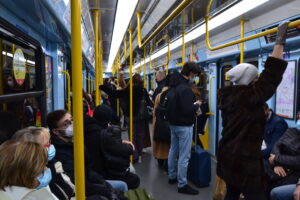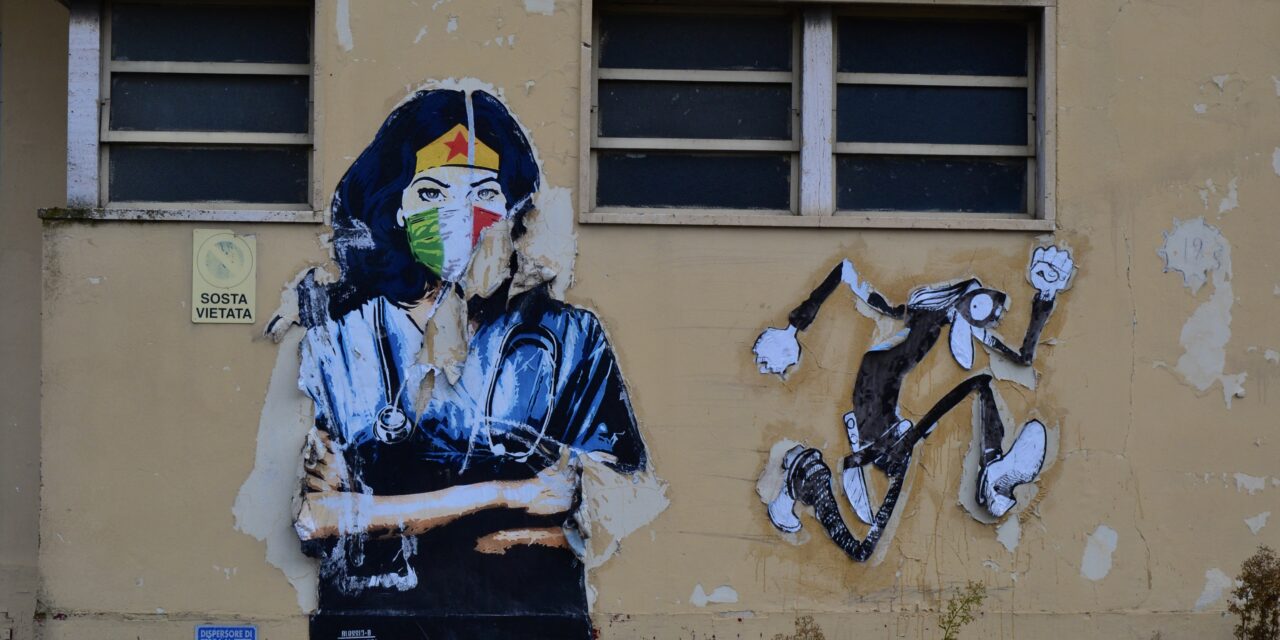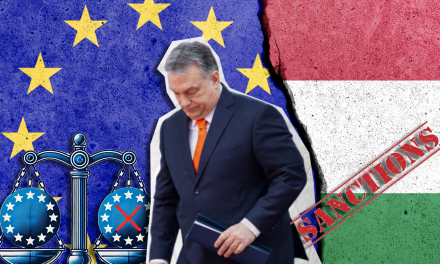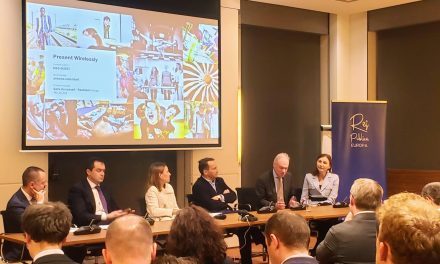Almost two years of having corona around us and everything that came with it, has led to many changes in everyone’s life. It started early in the village of Codogne, which is in the north of Italy. It was here that the first corona patient in Italy was diagnosed. Eventually more people got infected which led to a major outbreak in Italy and eventually throughout Europe, resulting in many victims. What are the biggest lessons from the past two years for the people here? And even more important; can we get rid of this virus, and how?
It all started with Mattia Maestri, the first corona patient in Italy who was accused of infecting all of Europe. Mattia said that those accusations lasted a long time: ”I have only been left alone by the authorities for two months now”. Yet to this day, it is still not completely clear how the coronavirus entered Italy and infected Mattia, among others.
Even Annalisa Malara, the doctor who – in Mattia’s words – ”saved Mattia’s life”, is not sure of the cause of the infection. However, the virus has had a great impact on Codogne and Europe as a whole. Yet the coronavirus has also taught us a lot. Annalisa says that there is also a ”positive side to pay attention to”. The doctor describes the most important lesson as being that despite the high price Codogne had to pay, she never thought a total lockdown would be the most effective way to stop the spreading of the virus. Another thing Annalisa found is that remaining consistent in following the measures is ”the key to stop the spreading”. This is reflected in the strict observance of certain rules. For example, in the Teatro Alla Scala, Italy’s most famous theatre, all actors who did not have to sing wore a mouth mask. Only the people who had a role in which they sang opera were free from a mouth mask. Also in many places, a mouth mask was worn in the street even though this was not a restriction. This is something we don’t see often in the Netherlands. For Annalisa the most important thing is to ”be prepared and think ahead and we should not forget that the health system is the most important service we have.’’
‘’I am deeply moved by the strength of the Codogne community, which has been able to overcome even the darkest moments with resilience.’’ – Francesco Passerini (37), Mayor of Codogne and President of the Province of Lodi.

Local citizens of the village where it all began, Codogne. Picture taken by: Anouk de Kruijff
Despite all the casualties caused by Covid-19, especially in Codogne, Mattia seemed very calm and composed. Still, he does not know the answer to the question whether we will ever get rid of the virus. He says he is not a specialist but only someone who can speak from personal experience. For Mattia, the most important lesson we should all heed is: “get vaccinated”. Vaccination rates in Italy are around 80%, but with such a large population, there are still many people at risk of the coronavirus. And since the hospitals are still overburdened, Italy cannot afford this. Also the mayor of the village where it all began agrees: ‘’ Today, however, in addition to the containment methods adopted in the first months of the emergency, we have an even more powerful weapon to fight the virus: vaccines.’’. Nevertheless, the mayor is not convinced that the virus will disappear: ”The virus will become endemic, something we will learn to live with. If it disappears, all the better. Only time will give us an answer.”
In contrast, member of the Outbreak Management Team (OMT), chairman of the Intensive Care Organisation and intensivist at Erasmus MC, Diederik Gommers, said that he does not think the solution lies in vaccinating: “It has been shown that a vaccination offers no guarantee against the virus” and adds “certainly not all of its mutations”. Gommers even thinks that the omicron variant, because of its mild symptoms, could be our salvation. For Gommers the biggest lesson would be to create more transparency within the OMT. There has been a lot of public criticism of corona policy over the past two years. Such criticism is mainly based on the inconsistency of the policy. Gommers explains: ”The OMT is a medical institution, and in the medical world nothing is certain. What is decided today, can already be invalid tomorrow. The cabinet, on the other hand, is a political institution, which likes consistency very much, something we cannot provide”. Therein, Gommers contends that a significant lesson would be to offer more transparency from the OMT in order to create a greater understanding. Additionally, to advise the cabinet not to blindly follow all the advice the OMT has given and to also take other aspects, like the economy and mental health of the people, into account.
Still, Gommers is positive, he said on Instagram and confirmed this later in our conversation. He is convinced that together we can get over the virus, with the emphasis on ‘together’. But in what way, no one knows.

The hustle and bustle of Italy’s most famous shopping centre. Picture taken by: Anouk de Kruijff.




